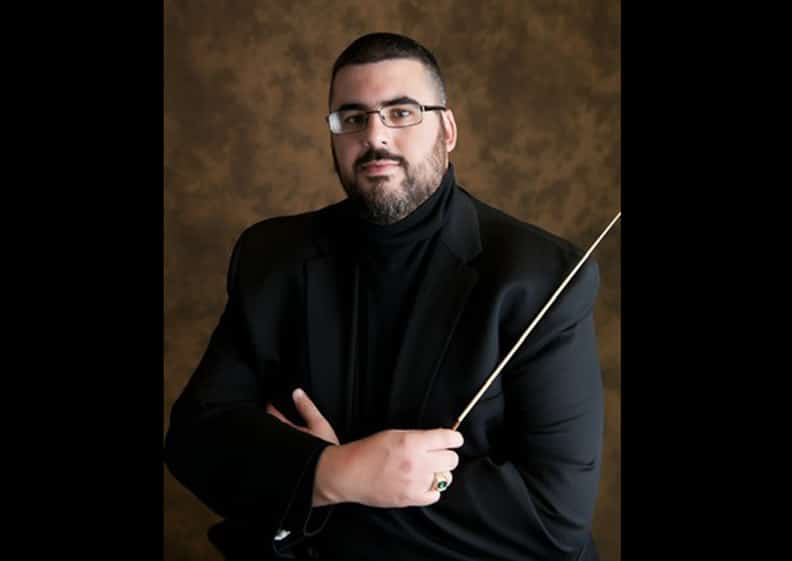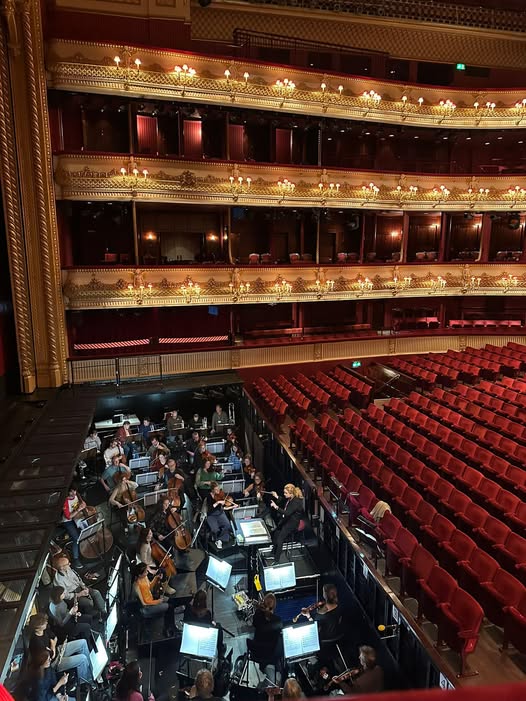Are Koreans winning competitions by numbers?
mainThe International Maj Lind Piano Competition in Helsinki, Finland, has selected 44 pianists from 195 applicants.
They come from 16 countries: South Korea (10 competitors), Finland (6), United States (5), Russia (4), China (3), Germany (3), Indonesia (2), Israel (2), Italy (2), Spain (1), Georgia (1), Great Britain (1), Canada (1), Norway (1), Ukraine (1) and New Zealand (1).
This is becoming a familiar phenomenon. The South Koreans send in vast numbers of applications, of whom a proportion reach the final round and one or two will receive awards, thereby giving an impression of a national powerhouse.
Who funds all these applications and how are they organised? Is there a state body that sends them in, or a private foundation? Either way, the impression is being given that the future of music is Korean.

Queues in Seoul for Seong-Jin Cho’s new release





It reflects the fact that there are no career opportinuties left for 99.5% of Europe competition participants. They have evidently recognized the piano competition circuit for the sponsor/jury racket that it is and refuse to compete, which is to be applauded as a healthy development.
The audiences will also finally stay at home after being unable to guess the gender or pronouce the names of the innumerable “Jaewoo Bangwoks” or “Cheon Yoon Dongwhangs” or “Jo Kim Ree Chwehs”, however fast they can play Rachmaninoff’s 3rd piano concerto.
Exactly. Competitions are a fairly dead-end pastime professionally these days. Can’t speak for pianists, but on my instrument, the big competition winners usually end up with orchestra jobs like everyone else. If they’re lucky.
Competitions are expensive and time consuming. Koreans seem to have the financial resources to do them. That’s all. To me it looks like a desperate plea by Koreans to be accepted into the culture of the western world. As soon as they figure out that competitions are basically a dead end, maybe they’ll come to their senses and phase themselves out, as most young musicians in Europe and North America have done.
The over abundandance of Koreans in competitions, as Hugh mentions above, is detrimental to general interest in the competition. Who wants to watch an all Korean talent show, no matter how well qualified the candidates may be? It’s boring.
I really wonder how long this Korean surge will continue. What are these musicians and their parents, who I assume are subsidizing them, hoping to achieve? They are not competing internationally. They are competing with other Koreans at this point. There are few jobs at the end of the rainbow. Artist management companies need diversity, not a whole stable of Korean musicians.
“Who wants to watch an all Korean talent show, no matter how well qualified the candidates may be? It’s boring.”
Shouldn’t you be listening to their music-making, rather than bemoaning the competitors nation of origin? Or do you just attend competitions to be entertained?
^ Thanks for that.
They are as boring as hell…
I’ve pretty much learned what to expect whenever I see Huge Arse’s name at the top of a comment; but it’s always disappointing to see others rushing to agree with the ugliest parts of his comments.
Oh well. I’m probably just a limousine-liberal snowflake :/
Masses of Korean pianists- no thanks very much
I am Korean, and I do not like the masses of Korean winning the competitions, either. They are quite similar in style and boring. Why there are many Koreans? I think they have financial resources more than ever and they think winning the competition is the beginning of the great career. As Tristan said, if they realize this is not the case, this fad on competition will phase out.
So, did McKenzie M win on 31 August 2017?
Sure would like to know.